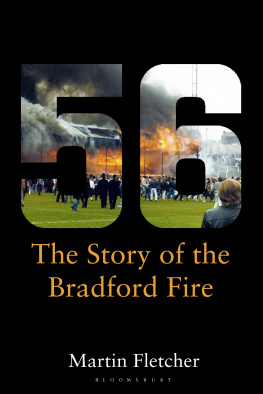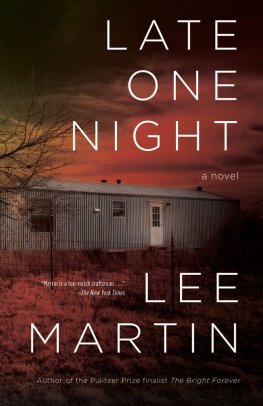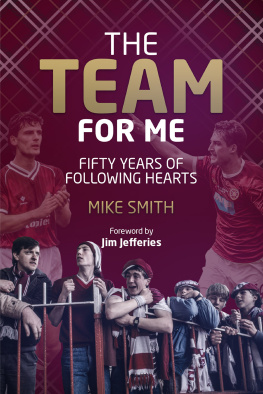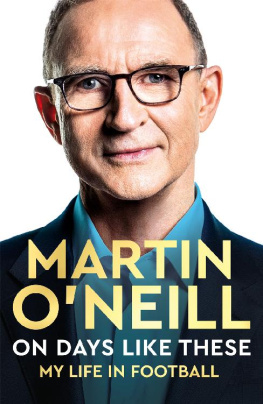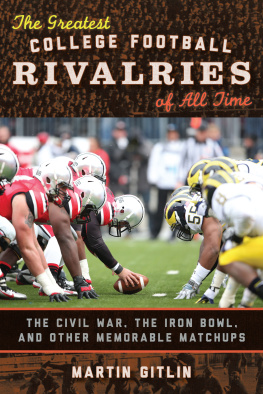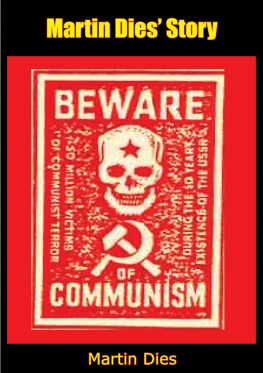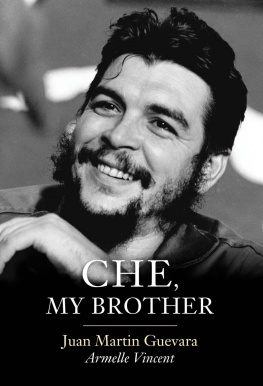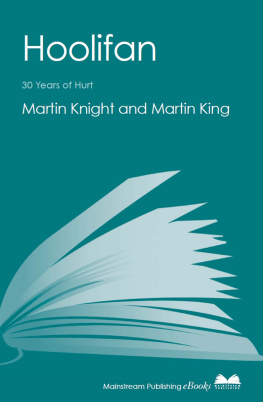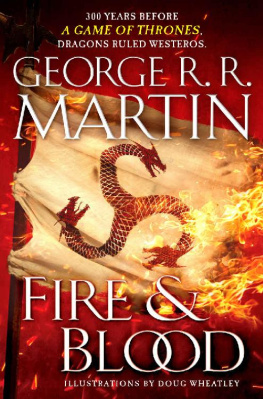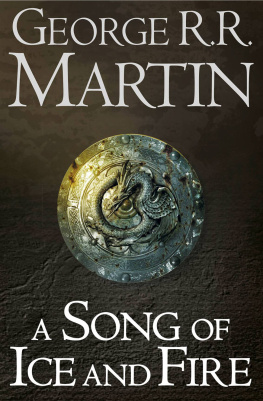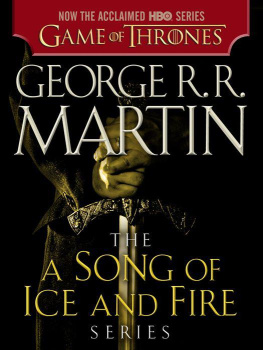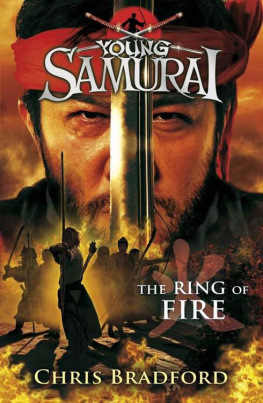Fifty-Six
Fifty-Six
The Story of the Bradford Fire
Martin Fletcher

Bloomsbury Sport
An imprint of Bloomsbury Publishing Plc
50 Bedford Square | 1385 Broadway |
London | New York |
WC1B 3DP | NY 10018 |
UK | USA |
www.bloomsbury.com
BLOOMSBURY and the Diana logo are trademarks of Bloomsbury Publishing Plc
First published 2015
Martin Fletcher, 2015
Martin Fletcher and Ian Preece have asserted their right under the Copyright, Designs and Patents Act, 1988, to be identified as Authors of this work.
All rights reserved. No part of this publication may be reproduced or transmitted in any form or by any means, electronic or mechanical, including photocopying, recording, or any information storage or retrieval system, without prior permission in writing from the publishers.
No responsibility for loss caused to any individual or organization acting on or refraining from action as a result of the material in this publication can be accepted by Bloomsbury or the author.
British Library Cataloguing-in-Publication Data
A catalogue record for this book is available from the British Library.
Library of Congress Cataloguing-in-Publication data has been applied for.
ISBN: HB: 978-1-4729-2016-4
PB: 978-1-4729-2017-1
ePub: 978-1-4729-2018-8
To find out more about our authors and books visit www.bloomsbury.com. Here you will find extracts, author interviews, details of forthcoming events and the option to sign up for our newsletters.
To my mum For showing me the light and making me fight Still smiling x
Contents
It was August 2011 and the opening home match of the 20th season of the English Premier League. Sitting back in my comfortable red padded seat, with legroom aplenty, I was one block off the halfway line at Arsenals resplendent Emirates Stadium. Two teams full of adored multimillionaires marched out for a once unheard of but now simply untraditional 12.45 Saturday lunchtime kick-off.
The players lined up, but my attention was immediately captured by the banner a few Liverpool fans furled out, before the away end started to demand Justice for the 96! It so struck me that I immediately texted my Tory mum in rural, middle-class middle England: Expose the lies, before Thatcher dies says the banner in the Liverpool end Indeed. A few minutes later came her reply: I agree!
Arsenal lost 20 that afternoon, undone by the trickery of Liverpools elusive second-half substitute, Luis Surez. Afterwards I met two old Warwick University friends and their dads for a beers-and-football chat in the affluent north London streets of Highbury. The night ended, as it so often did, with the last train out of London. As my friends headed back to their families in the Home Counties, I went home to an empty flat on a moonlit Wandsworth Common. Our odd bout of early season pessimism would be borne out the following week when Arsenal lost 82 at Old Trafford, their heaviest defeat in a century. Yet though it was a crisis, some of us whod watched football since before the English Premier League party kicked into gear knew much better than to ever use the word disaster.
Walking home that evening it struck me that it was thirty years since my own dad had started taking me to watch football. I was unsure what such a proud Yorkshireman would have made of his son supporting Arsenal, but I knew hed always told me, Son, youve got to play whatever cards youre dealt in life as best you can.
At the Arsenal Id reforged a bond that Id been robbed of: there had never been a chance of beers and football with my own dad. As I looked up at the stars on that clear night, I smiled wryly. The moon cast its dark shadow: as with those Liverpool fans earlier, I was also in the shadow of English footballs unresolved past a whole generation on.
The blue days of summer when Valley Parade almost became the valley of death are gone for good
Jim Greenhalf, Bradford Telegraph & Argus , 24 December 1984
What about this one, son? Dad asked, as I opened the turf-green changing-room curtains in the dimly lit sports-shop basement. Standing there, excited and smiling, he held up a tatty looking white polyester shirt. It had an ugly claret collar and an odd claret-and-amber stripe across its shoulders; there was no badge on this orphan of a shirt. It was no great surprise it lay unclaimed.
I was confused as to why my fashionably rugged, prosperous 30-year-old dad might ever suggest such a shirt. Being just eight it hadnt occurred to me there was anything odd in his insistence on visiting his home city of Bradford that Saturday afternoon to pick out my first football shirt for school PE lessons and not Mums home city of Leeds, where we usually shopped and where nobody would have stocked such a shirt. Dad must have cajoled the owner to rescue it from a store cupboard. I laughed when the owner brought it out, wondering what it was. I thought it was a wind-up. I was just waiting for the punchline to some joke.
Thats Bradford City, son, Dad said, nodding proudly at the shirt. The shirt was actually new stock, delivered from Valley Parade on that morning, the opening day of the 198182 season.
Bradford City? No way. Theyre rubbish! I shot back.
Bradford had been trapped in English footballs basement fourth division for all but one of the past ten seasons and marooned in its bottom two divisions for 44 years. Their best finishes in that time had been seventh and tenth in Division 3, or 51st and 54th in the Football League. They were shit and they knew they were.
Dad surprised me as, rather than smile, he seemed a little hurt. Mum said later she felt sorry for him as he pointed out to me that they were his team. Yeah, well, theyre not mine! Id replied with the callowness of youth. But he persisted, hoping, no doubt, Id copy him as I so often did. The thing was, I copied my dad because he was cool he had the movie-star looks of a young Burt Reynolds, coupled with a Tom Selleck moustache and this shirt, this club, was anything but cool. Cmon, I thought. He must be joking. Not a chance. I drew the curtain closed, my mind firmly made up.
But people often told me, Your dad could sell ice to the Eskimos. So little did I know my first no was simply his opening gambit, an intelligence-gathering raid to ascertain my objections and protests, before finding a way to overcome them. He was an out and out salesman at heart. Never accept that first no nor the second, nor the third. Keep on till that no becomes a yes.
I should have known better. On our way to Corinth Canal, a key Second World War battleground, on holiday in Greece that summer, Id told him, I hate the Germans. Taken aback, he explained the war was over and Germany, indeed Europe, was a very different place now, but I was not for shifting and it seemed Dad had given up trying to talk me round when, the next night, a tall, leggy, beautiful Teutonic blonde came to the table at our beachside hotel to ask me to dance in order to help out Anglo-German relations. As we danced I fell under her beguiling spell, and after a few songs she walked me back to my table, hand in hand, wondering, Did you have a good time? I nodded enthusiastically. She confided that my dad had told her I didnt like Germans, adding, Is this true? I am German. Smiling, I shook my head, assuring her it was all some misunderstanding. After she kissed me goodnight and went back to her table, my dad broke into a broad grin and asked, So, you like Germans now, son? Ive never had a problem with Germans since.
Next page
